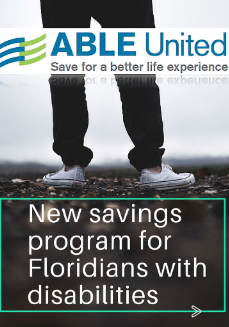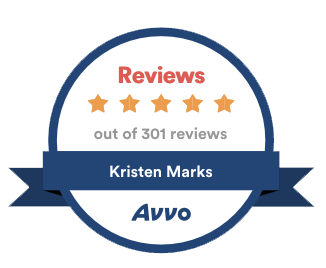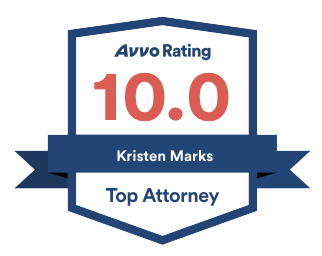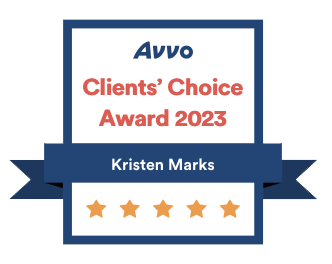Kristen and I recently attended a local estate planning seminar and were thrilled that the director of ABLE United was among the speakers presenting.
We couldn’t wait to pass all of this information on to our clients with special needs children.
For those unfamiliar with the program, ABLE United is a not-for-profit managed by the Florida Prepaid College Board, a state agency.

ABLE United offers Florida’s version of an ABLE Account, which is a tax-advantaged savings account for individuals with disabilities and their families created under the ABLE Act.
The purpose of an ABLE account is to allow individuals with disabilities to save for future qualified disability expenses without losing government assistance.
Previously, these individuals had to maintain assets totaling less than $2,000.00 annually in order to retain their benefits.
ABLE United allows qualified individuals with disabilities to save up to $15,000 a year ($100,000.00 total) in an ABLE account without jeopardizing their eligibility for federally-funded means tested benefits, such as Social Security Income (SSI) and Medicaid.
Funds in an ABLE account are disregarded when determining eligibility for Medicaid or SSI; however, housing and non-qualified expenses withdrawn but not spent in the same month do count as a resource.
If the individual with special needs is able to work, the “ABLEtoWork” designation on an account will increase his or her annual contribution limit by $12,140.00 to account for earnings.
Of particular importance to our estate planning clients with special needs children, a third party special needs trust can be used to fund an ABLE account – thereby preserving these benefits for a disabled child while adding creditor protection.
The beneficiary of the ABLE account is the account owner, but his or her authorized legal representative can provide assistance in opening/maintaining the account.
Income earned by the accounts will not be taxed, and contributions to the account can be made by any person. Investment earnings are not taxed as long as money spent from the account is used for "qualified disability expenses." Contributions must be made using post-taxed dollars and are not tax deductible.
The funds in an account can be used for disability-related expenses that assist the beneficiary in increasing and/or maintaining his or her health, independence or quality of life.
Qualified disability expenses are NOT required to be medically necessary nor are they limited to expenses that exclusively benefit of the individual with a disability.
Qualified disability expenses include:
- Health
- Education
- Housing
- Transportation
- Legal Fees
- Financial Management
- Employment Training and Support
- Assistive Technology and Personal Support Services
- Oversight and Monitoring
- Funeral and burial
- Other Expenses Approved by the Treasury Regulations
The program is currently working on launching a reloadable debit card which will make paying for daily living expenses so much easier. (Receipts from all daily living expenses should be kept for tax/accounting purposes.)
Filing taxes for an ABLE Account is comparable to filing for a ROTH IRA, 529 Plan, or other tax-deferred accounts.
Eligibility is limited to individuals with significant disabilities with an age of onset of disability before turning 26 years of age.
If you meet this age criteria and are also receiving benefits already under SSI and/or SSDI, you are automatically eligible to establish an ABLE account. However, failure to receive SSI and/or SSDI is not an automatic disqualification.
There is no cost to open or maintain an account; however, there is a $25.00 minimum required balance.
The enrollment process takes approximately 15 minutes and can be done online.
Amanda “Estate Planning Advocate—Everyone Needs a Plan!” Lynch Elliott
P.S. Our first women’s group estate planning workshop is fast approaching on Friday, May 3rd with more dates scheduled. Space is limited to 8 attendees at each workshop. Check our reservation page to learn more and to reserve your spot for your preferred workshop date (if it hasn’t sold out).







